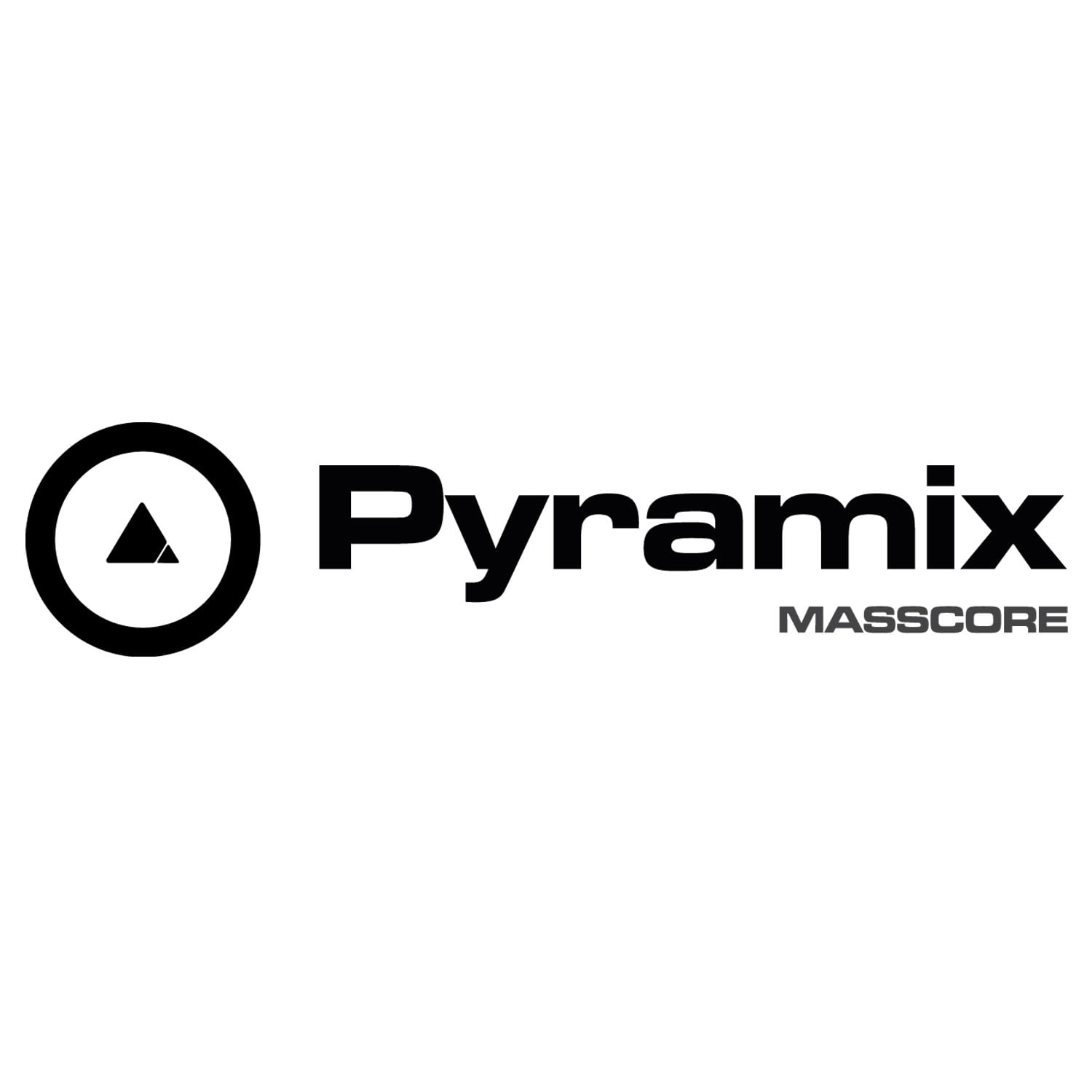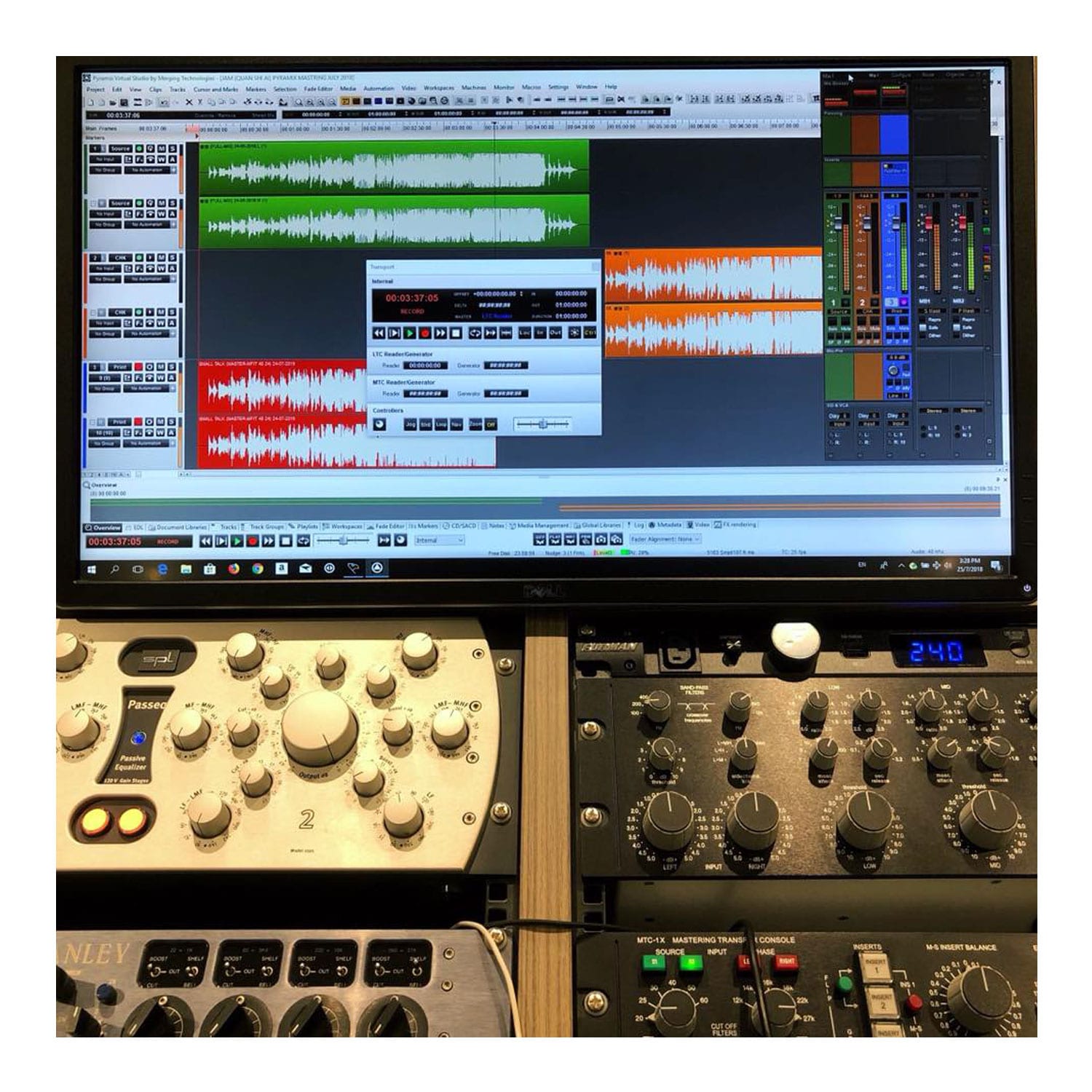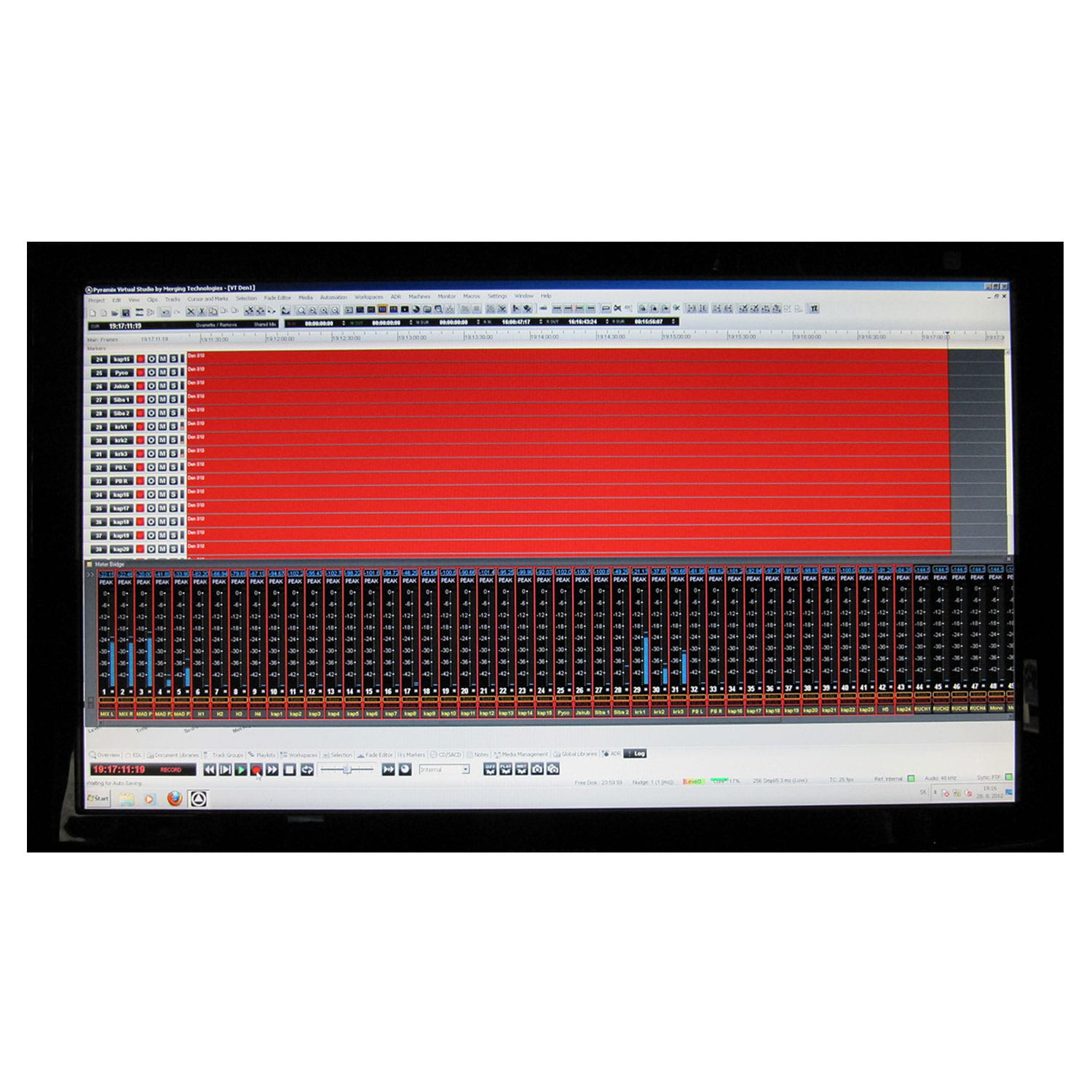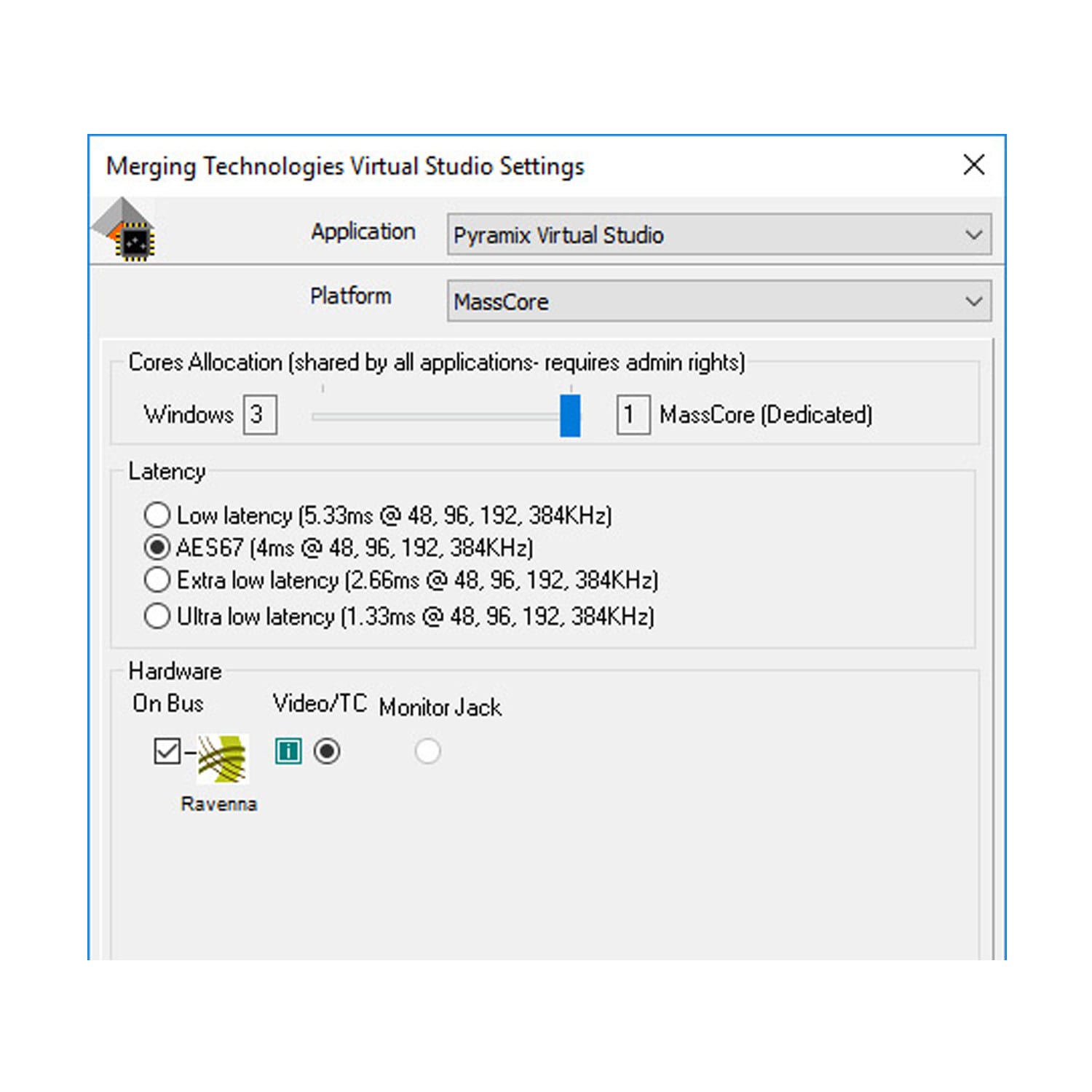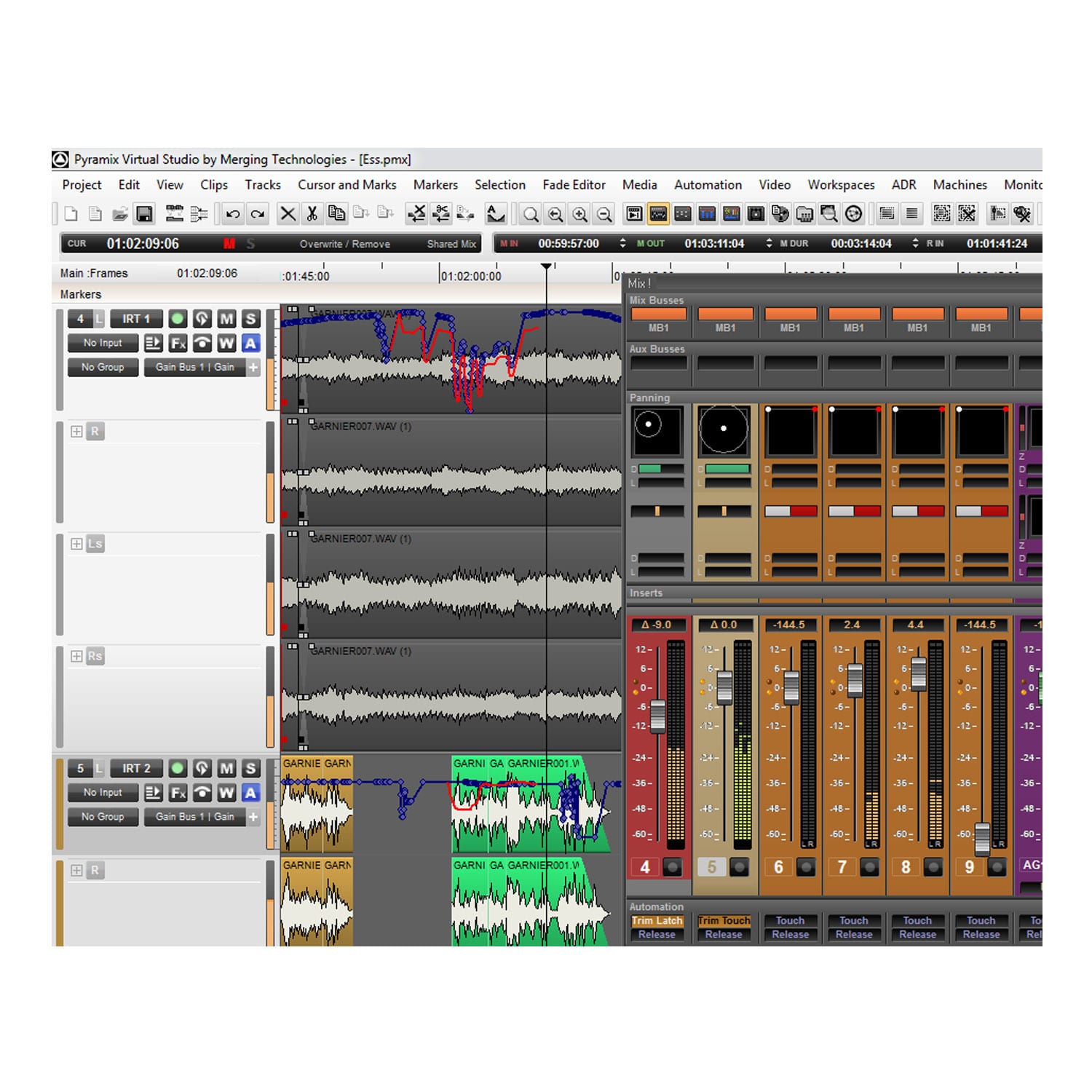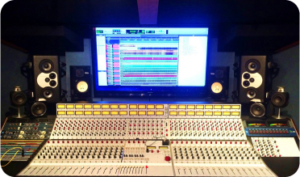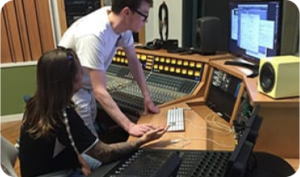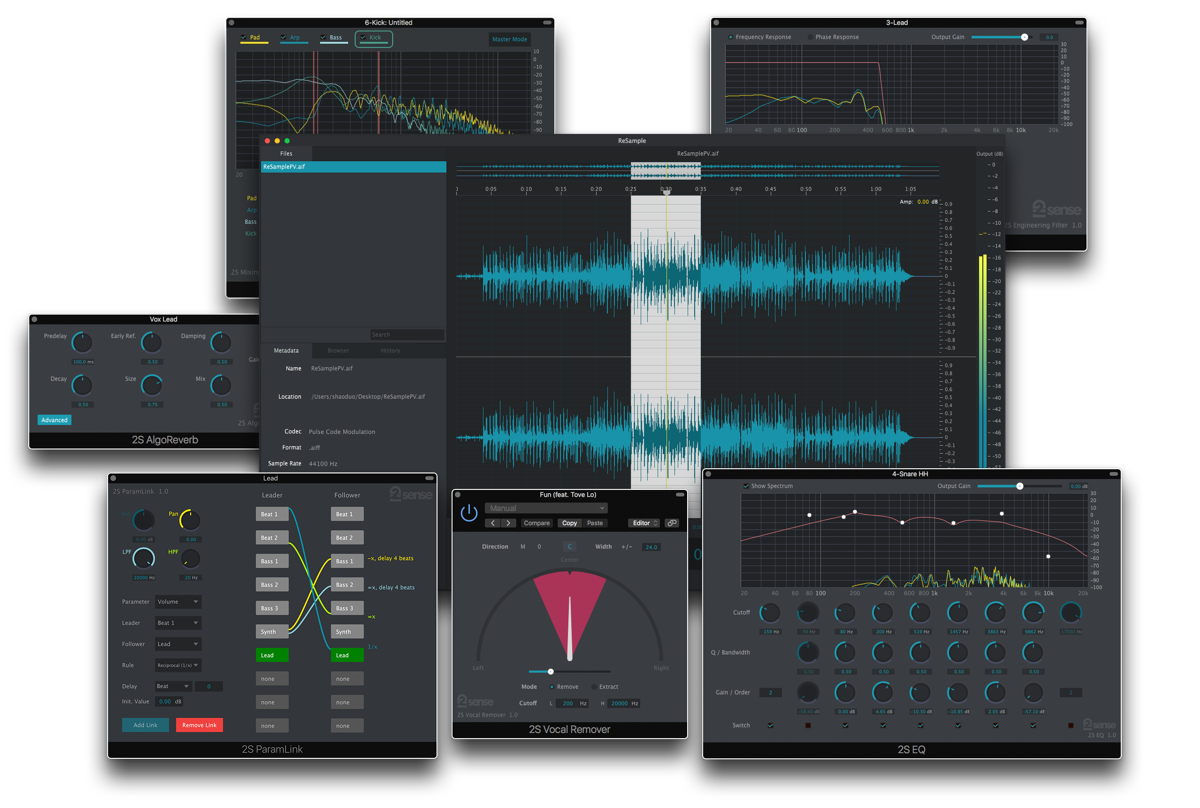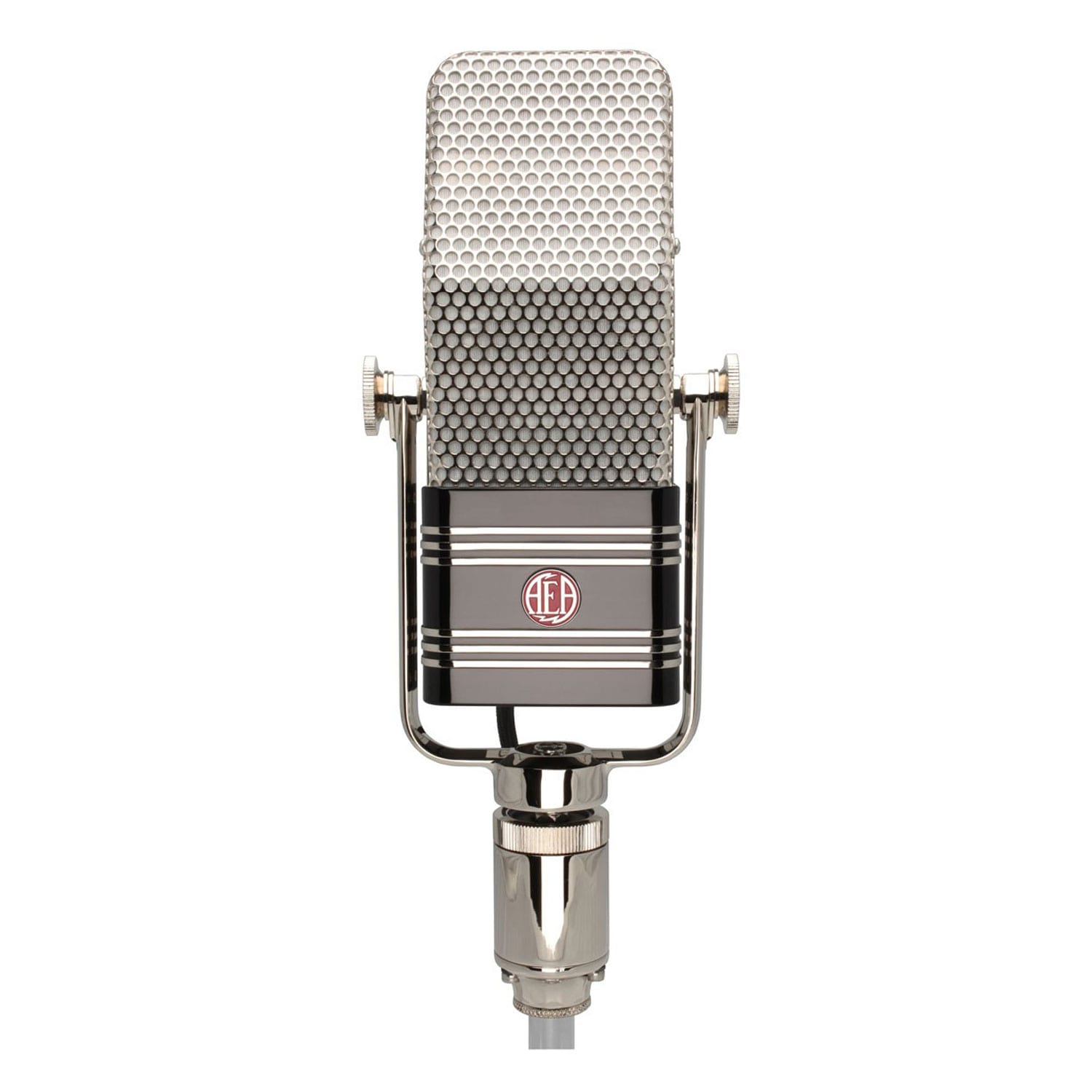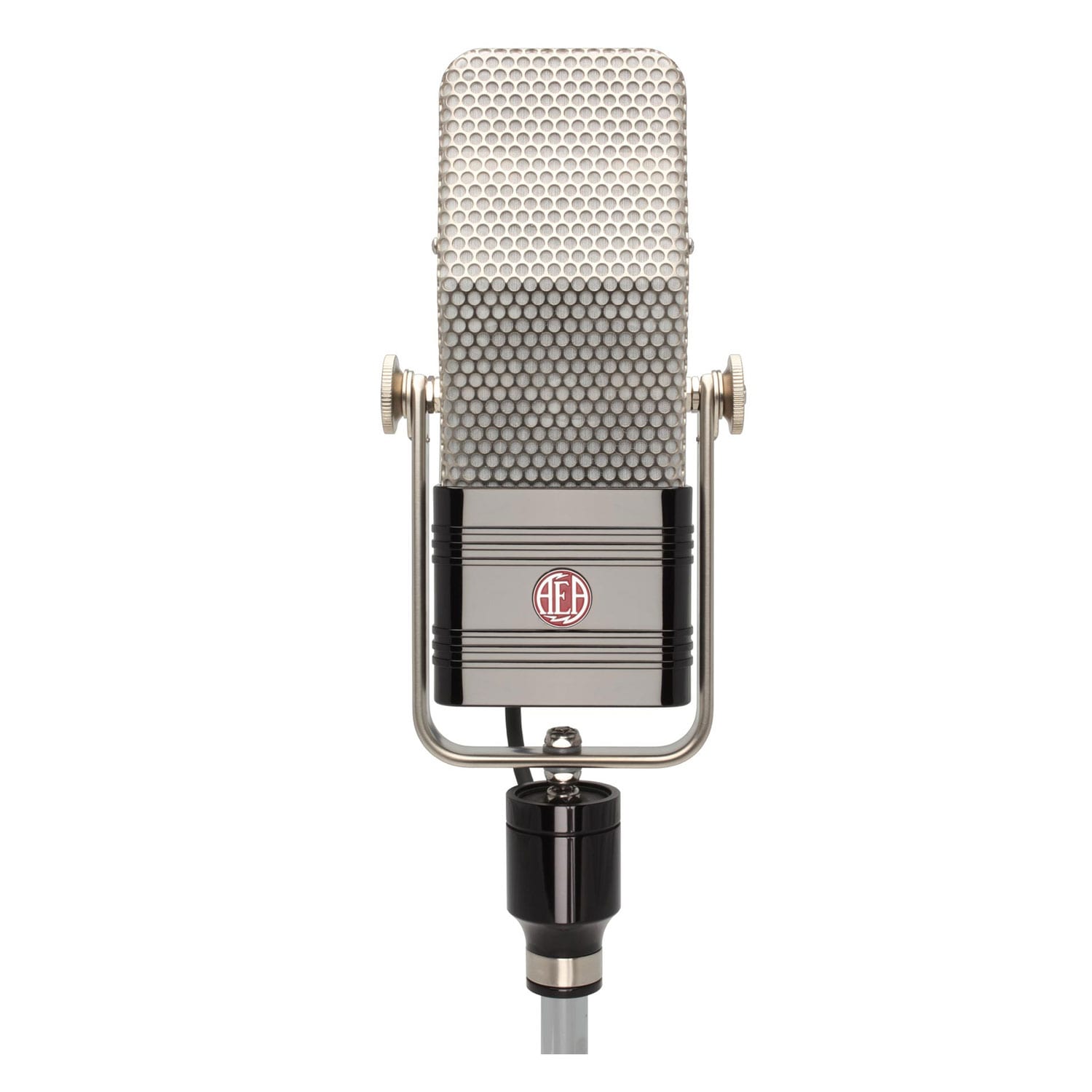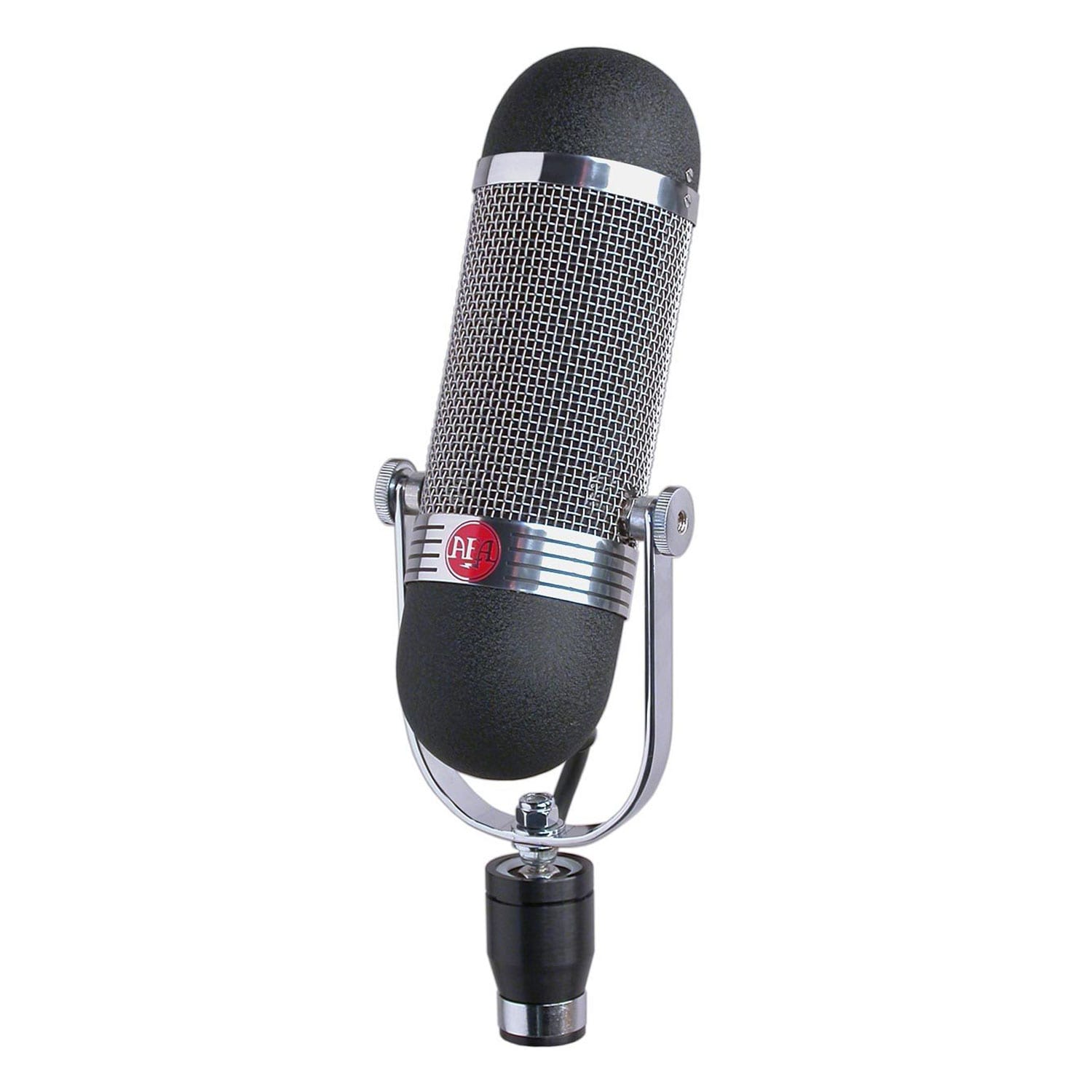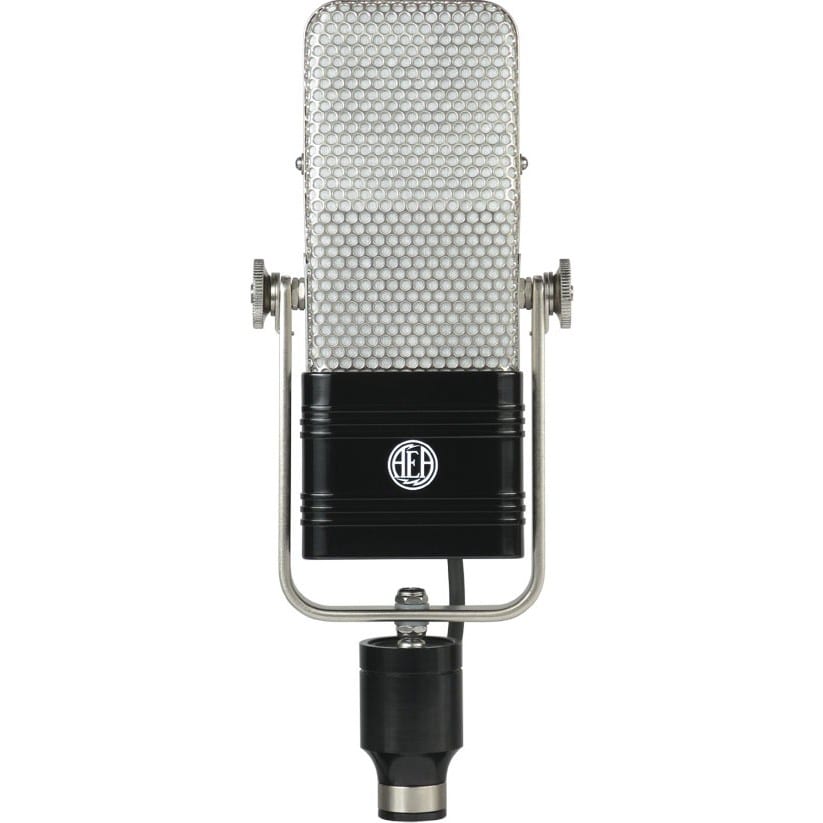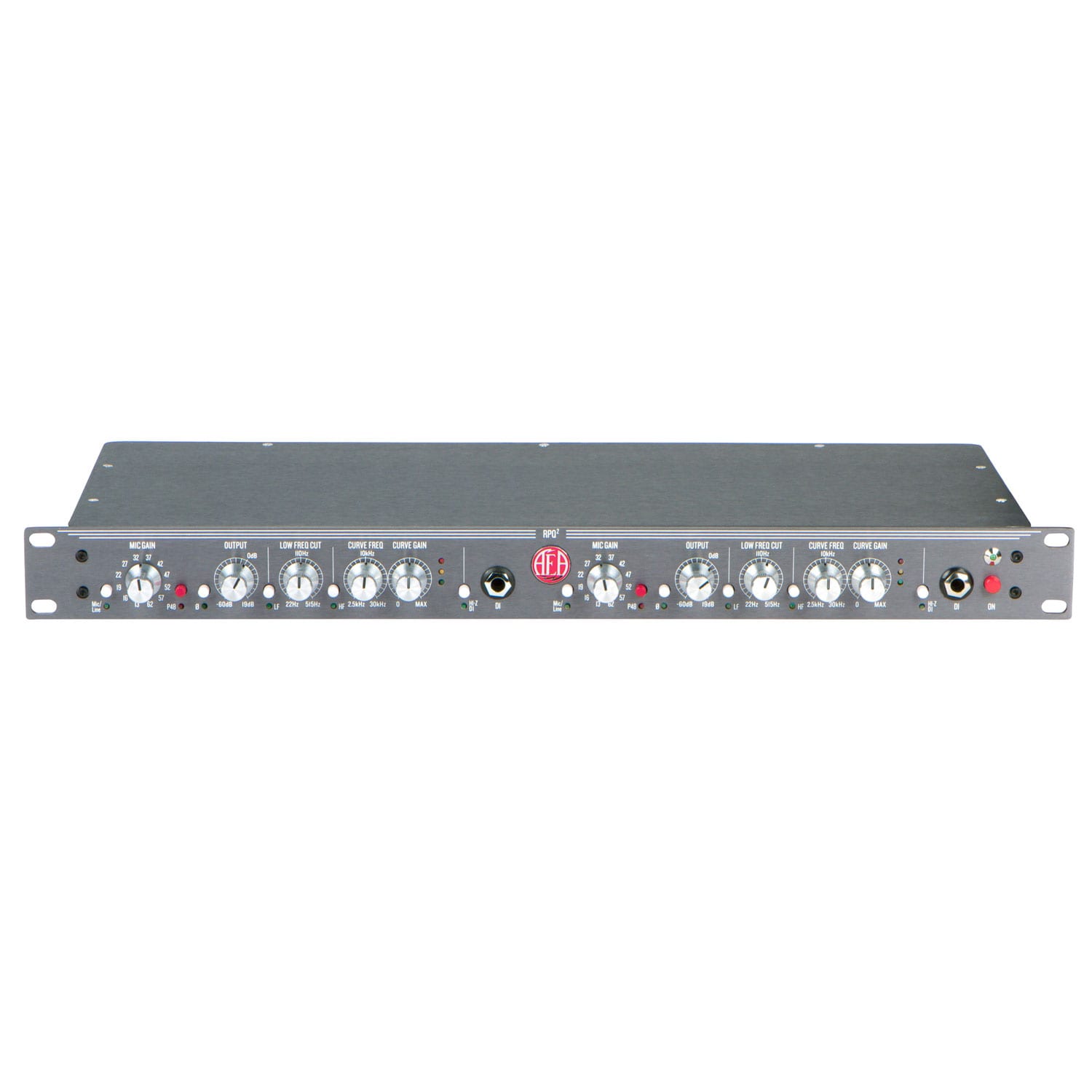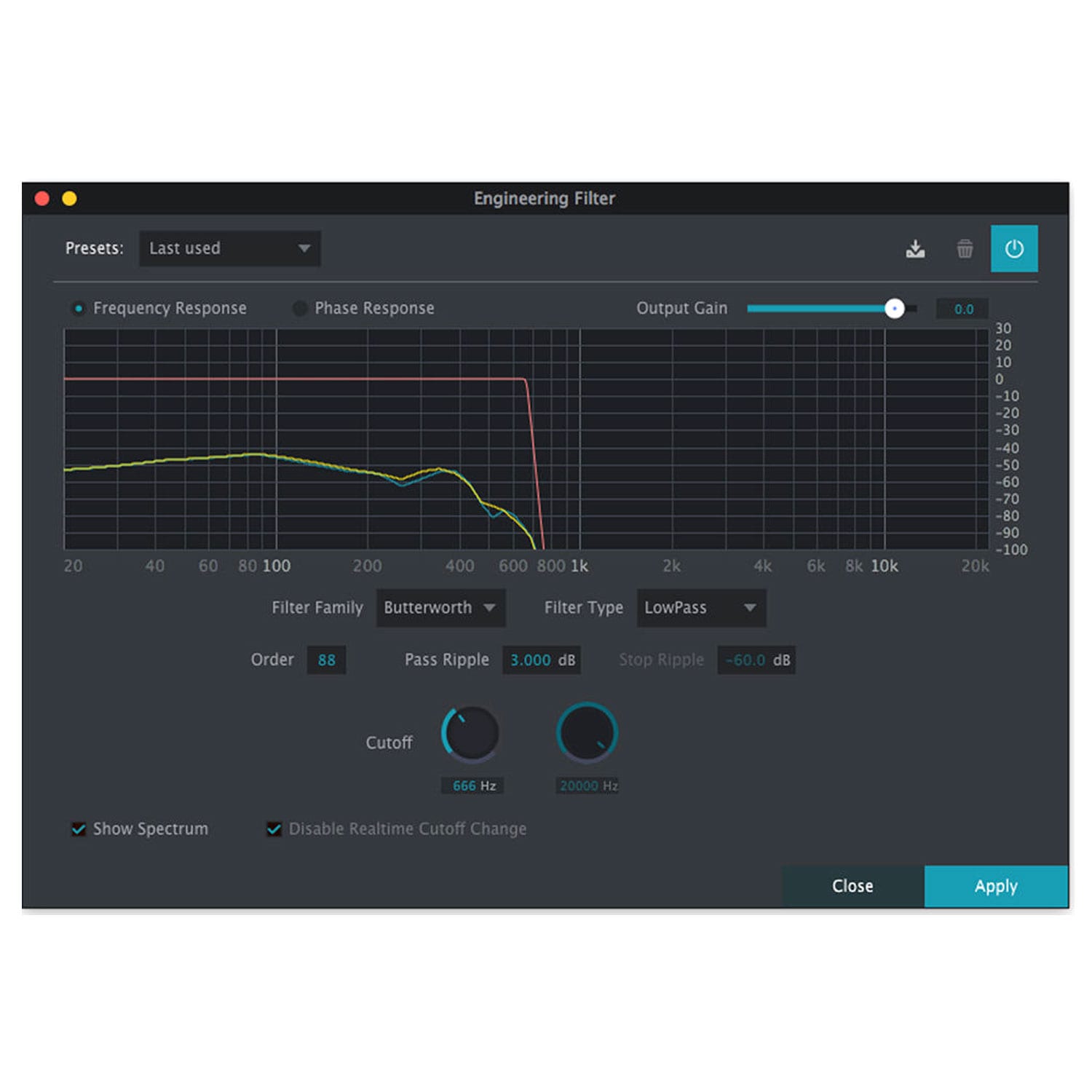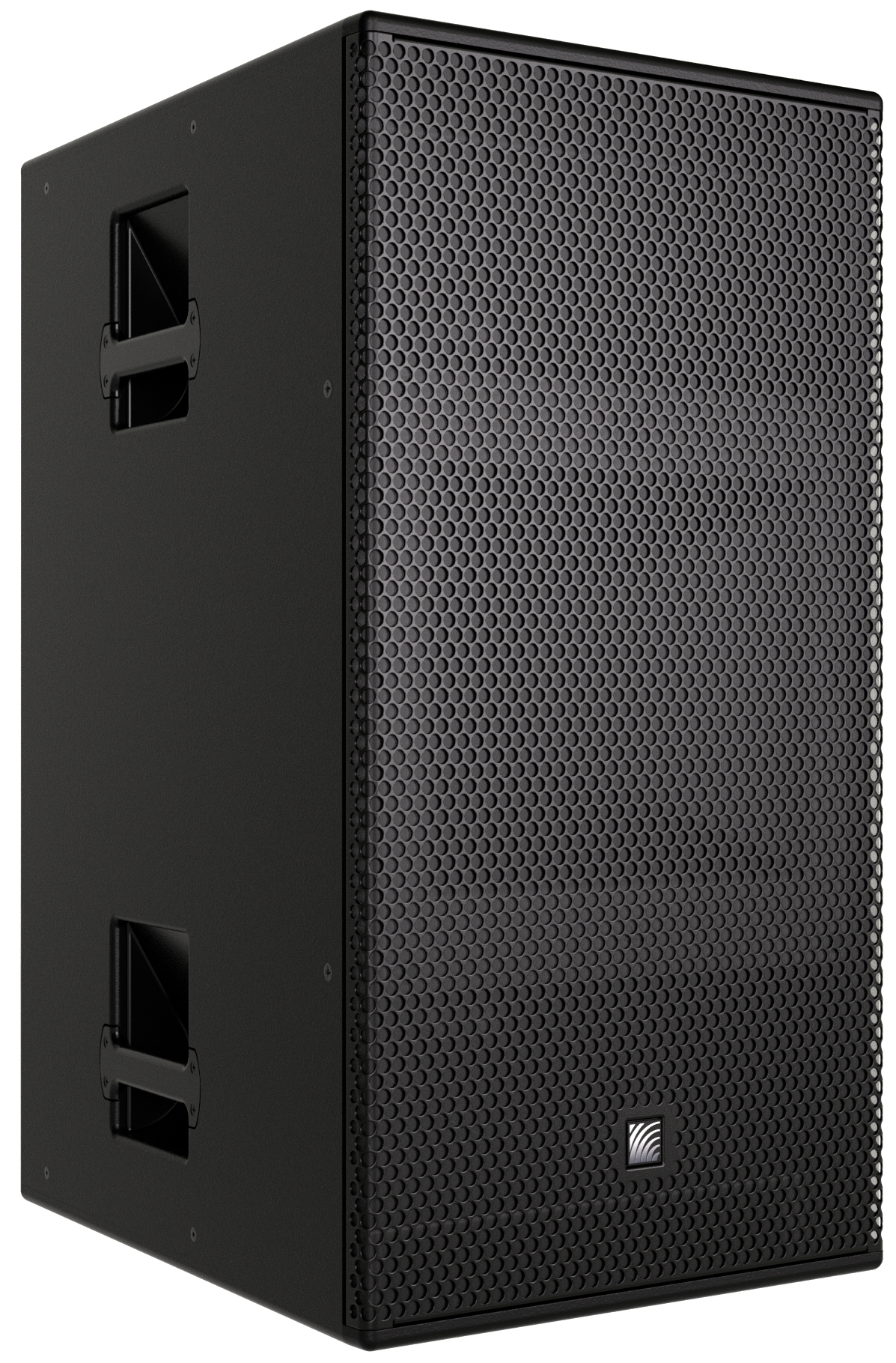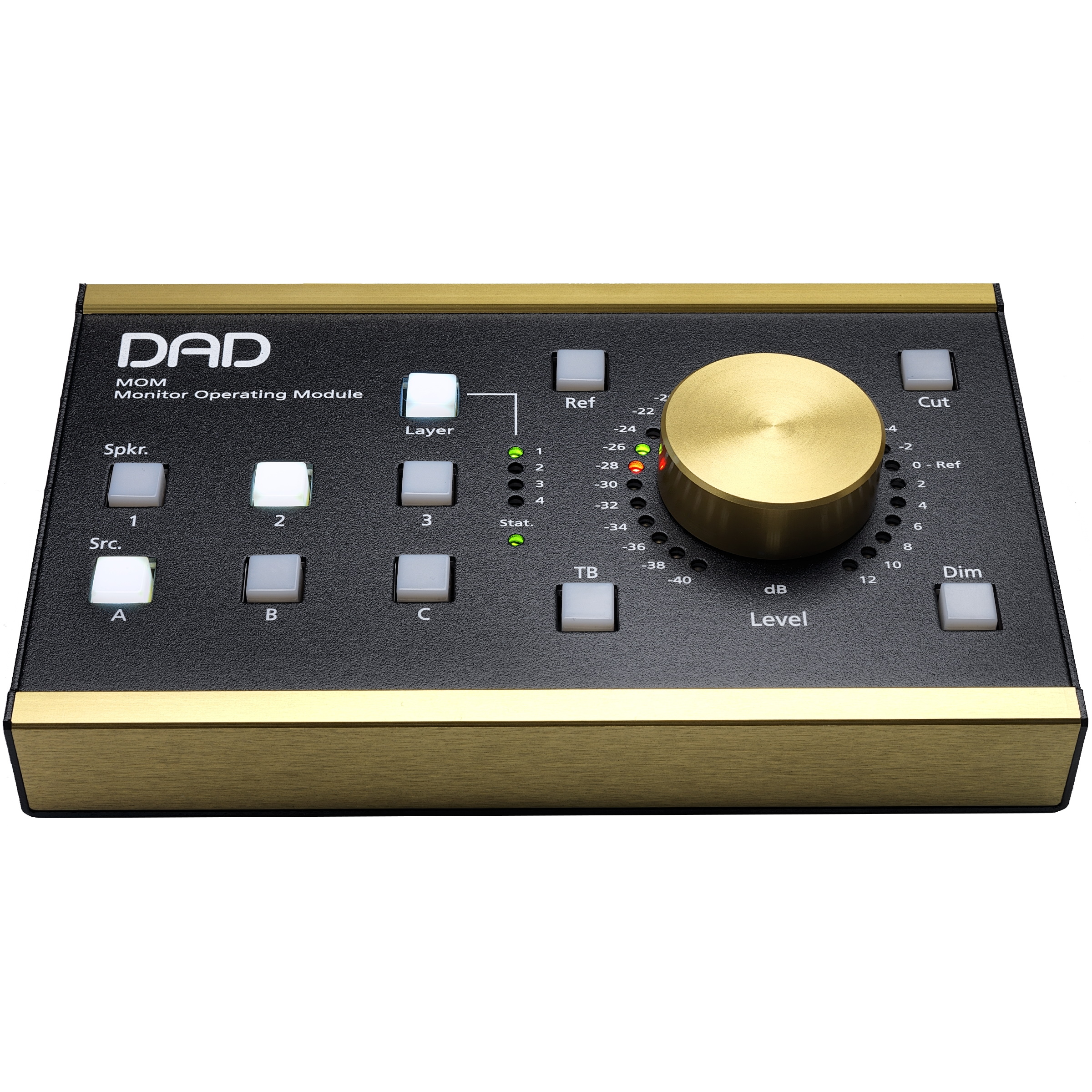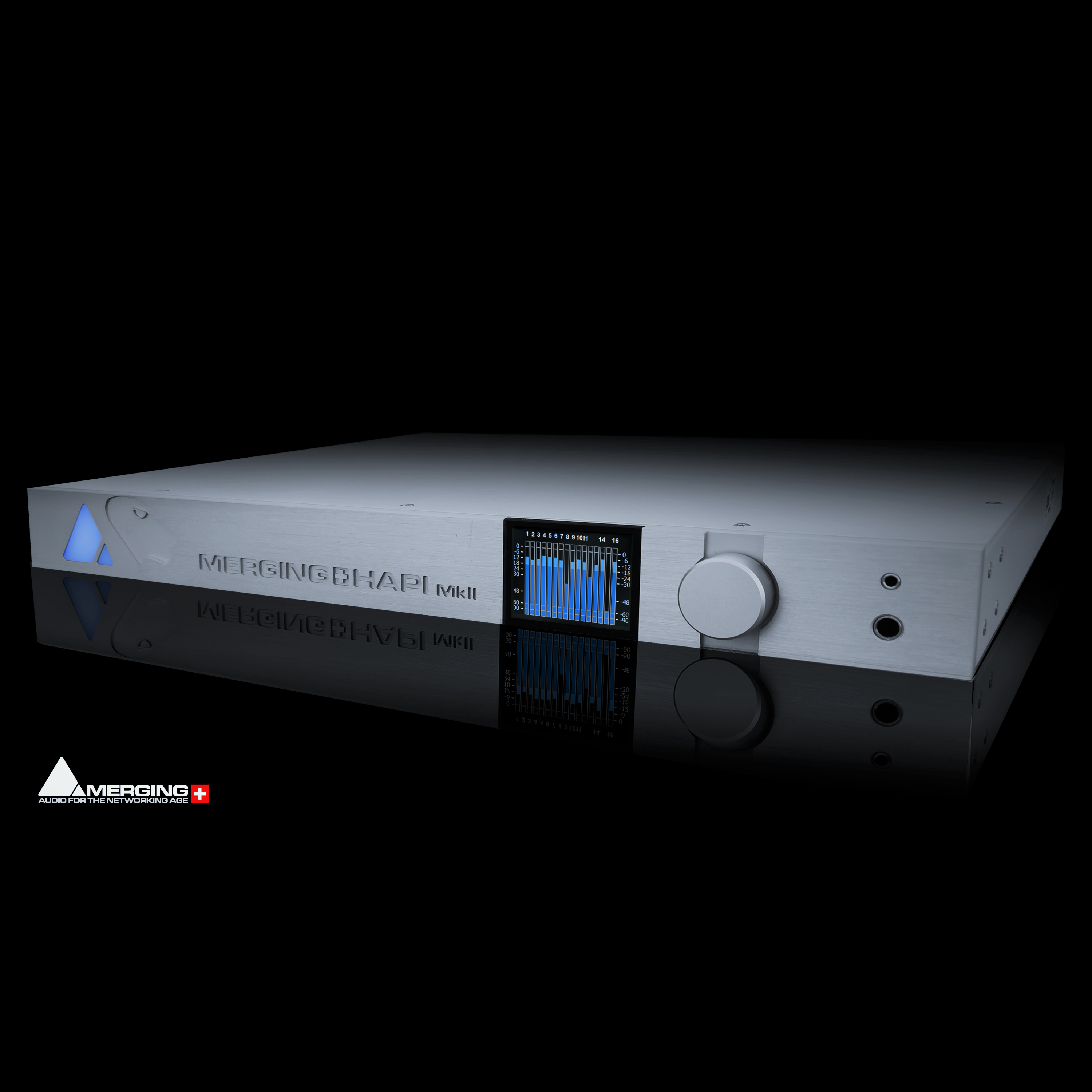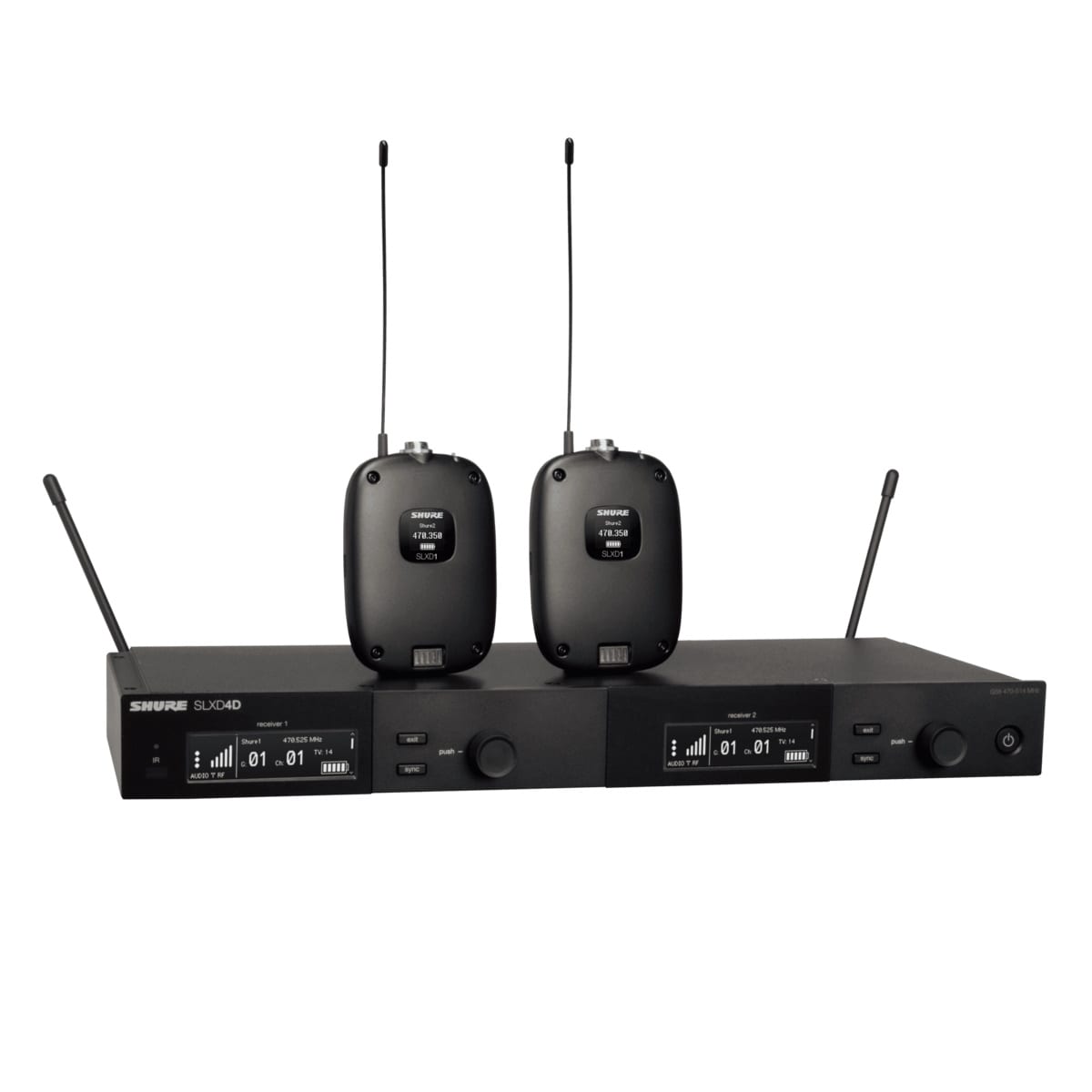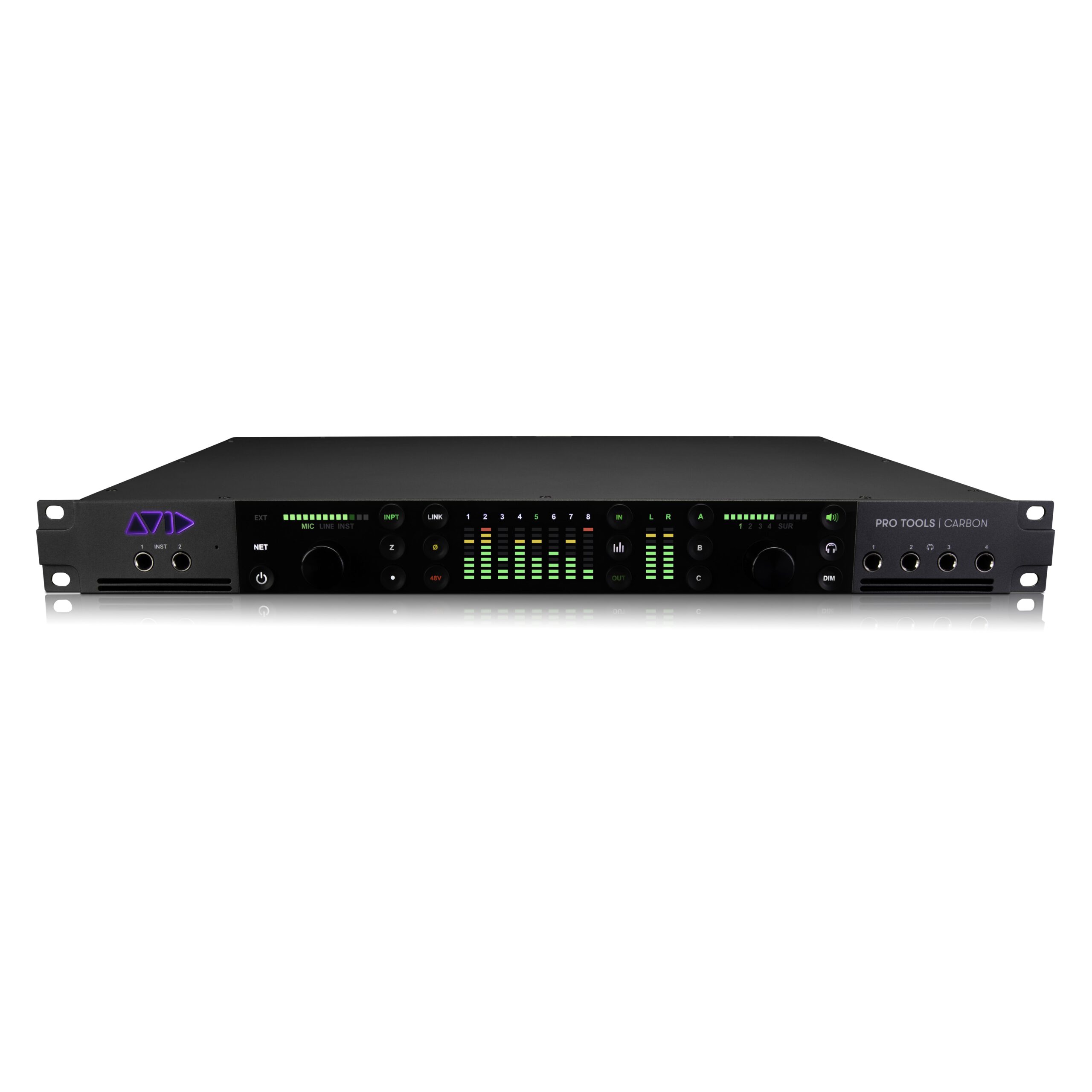Description
Merging Technologies Pyramix Masscore Standard
When latency starts to count and being able to rely on a stable, proprietary DSP engine is what your studio needs… MassCore is the answer. Pyramix MassCore Standard comes with a basic set of software features along with possibly the lowest guaranteed latency from In->Out ever seen and native engine connectivity to RAVENNA & AES67 AoIP technology.
MERGING+MASSCORE
Say hello to the technology that provides what is truly the most powerful audio engine on the market today for Pyramix and Ovation.
Able to process up to 384 discreet Inputs and Outputs (768 simultaneous) and able to work at sample rates up to 384 kHz and even DSD256, Masscore has got completely unique abilities in the DAW world.
For engineers who need the best, MassCore is the ultimate choice.
ADD MERGING+MASSCORE ENGINE TO ANY PYRAMIX OR OVATION PACK
Whichever Pyramix 14 or Ovation 10 pack you decide to go for, add MERGING+MASSCORE engine and benefit from our most powerful workhorse.
PLUGINS RUNNING ON MERGING+MASSCORE
In addition to extremely low latencies and a huge number of I/Os, MassCore provides a powerful platform for plugins running in VS3.
Manufacturers of outstanding plugins such as FLUX, Vincent Burel, or CEDAR have developed EQs, Dynamic, Reverb, Denoisers, and more in VS3 capable of running in our highest mixing sampling rate: DXD!
MASSCORE WITH RAVENNA
The native connection to all Pyramix or Ovation systems running on the MassCore engine is with RAVENNA IP Audio.
Should the MassCore system require dedicated I/O throughout, Merging have also come prepared with what is fast becoming the most sought-after audio interfaces on the market. The ability to address every possible in and out of the Horus, Hapi or Anubis units (and even multiple units on the same network) puts unbelievable power at MassCore users’ fingertips.
HOW DOES MASSCORE WORK?
Normally, in systems that provide “proprietary” audio engines, the user is required to purchase DSP cards which allow the software to make lots of calculations very quickly. The reason that cards are used rather than allowing the task to be given to the computer’s internal CPU is that for a piece of software to access the power of the Intel CPU, it has to ask for “permission” from the operating system. This method has a single issue with it that makes it almost unusable for professional, high-track count productions… and that issue is latency.
DSP Cards vs. Moore’s Law
Even bigger though, the problem is that there is an issue with investing in DSP cards as well. As technology continues to develop at lightning speeds, the usable lifespan of computer-based hardware is becoming shorter and shorter. Connectors and chipsets change, software requirements in the DAW increase, plugins require more power… the list goes on and on. This means that even though users can spend the money to enjoy low latencies and incredible power, they are bound to the simple fact that given a few years’ time, they are going to have to make that investment in new hardware technology all over again.
Until MassCore came along:
MassCore embodies the power and low latencies of DSP cards while staying completely away from requiring a user to make large incremental reinvestments in proprietary hardware technology. And it does this by turning the whole PC into a real-time audio engine of its own.
MassCore Technology
MassCore technology “hides” one or more cores in a multiple CPU computer and then creates a “pipe” directly between the software and those hidden cores to essentially create an Intel-powered DSP-based system. By doing this, the user can enjoy all the power that an Intel CPU core(s) holds (which is a HUGE amount) and does not add any additional latencies as it effectively removes the need for any requests to be made of the operating system with regards to real-time calculations.
In brief, MassCore is capable of the following in a single QuadCore system with no additional hardware required.
- 384 Inputs and 384 Outputs @1FS (44.1 / 48 kHz)
- 96 @ 4FS (176.4 / 192 kHz)
- 48 @ 8FS DXD (352.8 / 384 kHz)
- 48 @DSD256 (11.2 MHz 1bit)
- Low Latency from Live in to Live-out
